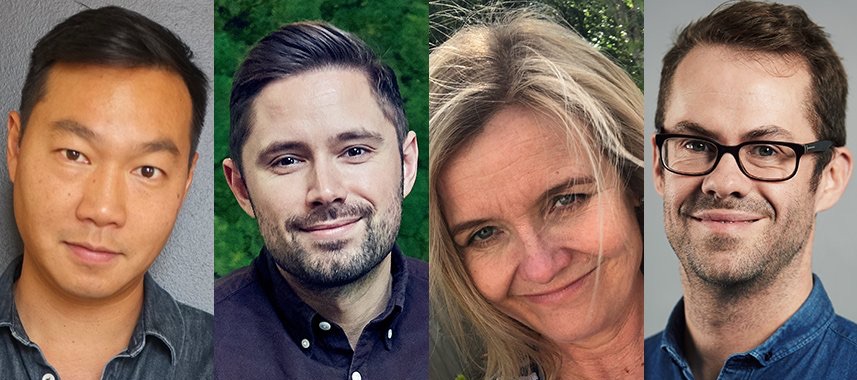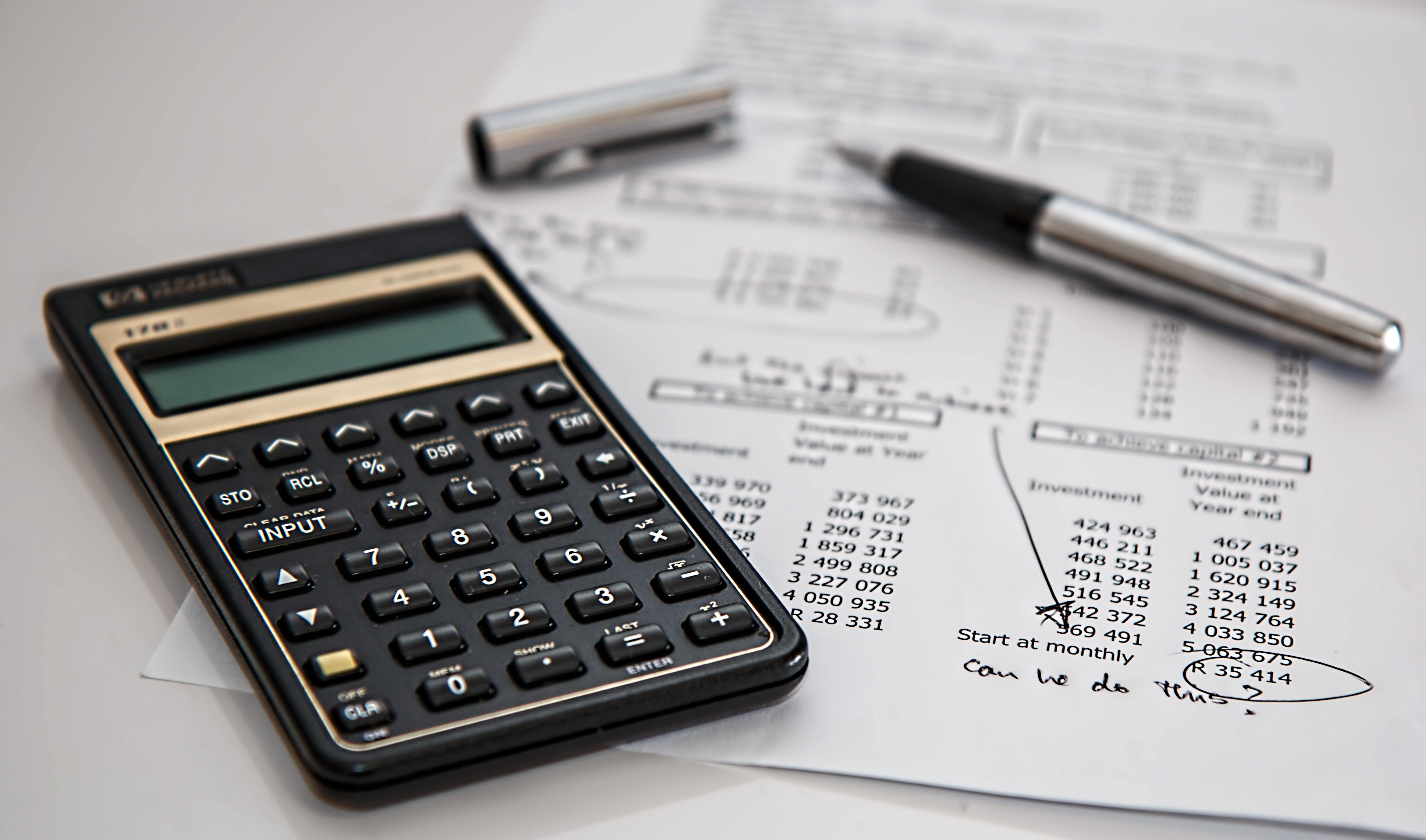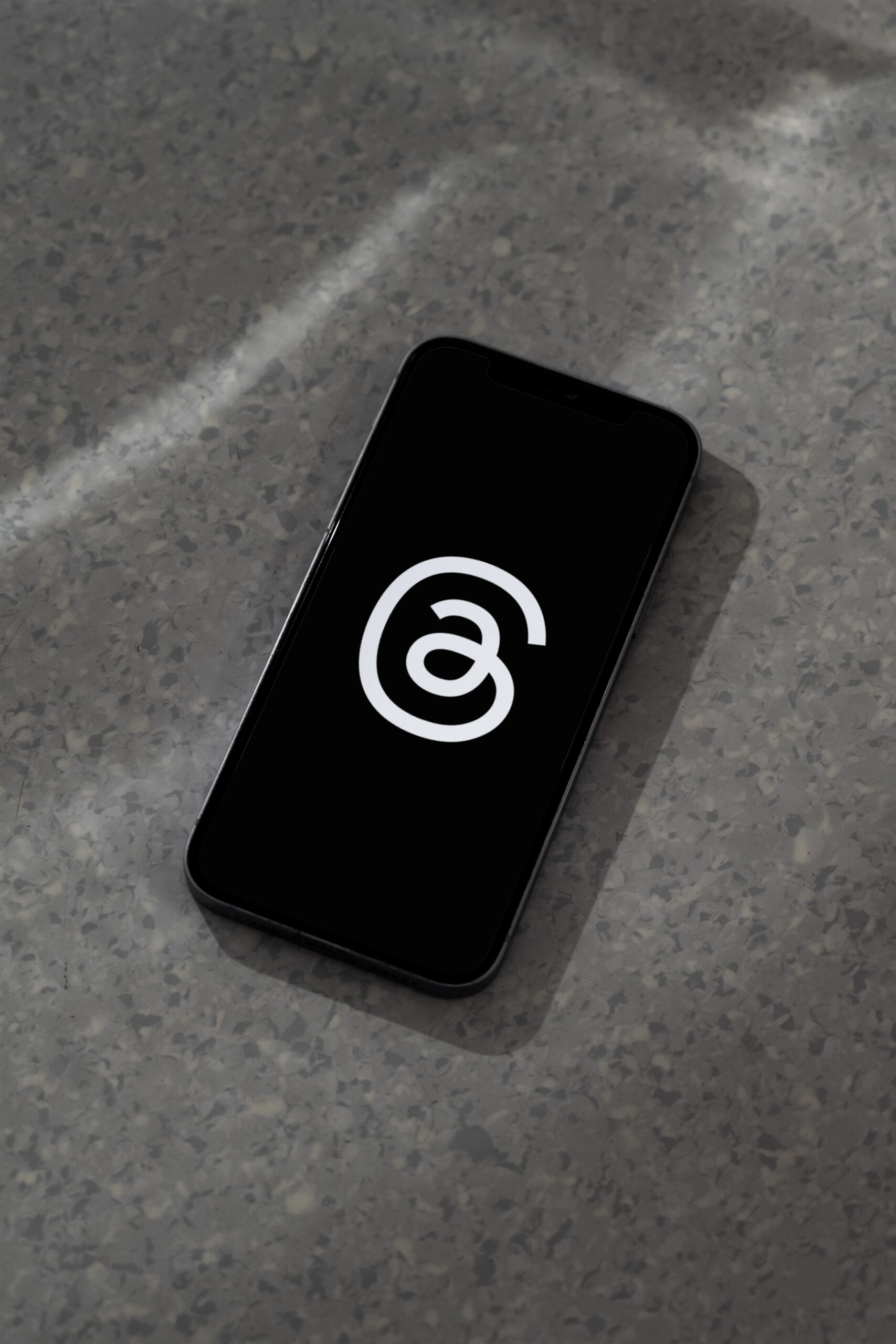One in five LGBTQ+ people working in PR and Communications have experienced discrimination in the workplace because of their sexual or gender identity.
That’s a worryingly high statistic to confront in 2021, but the PRCA’s study into LGBTQ+ workplace inclusivity conducted throughout the summer of 2020 suggests that, despite general equality and acceptance, diversity is an ongoing issue in our industry. So, what does this mean? It is not to say that it’s an issue exclusive to our industry or that PR and Comms is actively discriminatory to the LGBTQ+ community – of course, there has been positive progress for equality in recent years. Thankfully it’s uncommon to encounter someone with outspoken prejudiced views in the workplace – but it’s not as simple as that. Discrimination itself is diverse, but whether it’s conscious or unconscious, micro or macro, it is unacceptable and needs to be challenged.
I’ve recently taken on a new role at CommsCo to spearhead our Equity, Diversity and Inclusion activities. As part of that, I have taken time to reflect on the changes we can make ourselves as a growing agency in the PR and Communications industry. It’s easy (and understandable) to find ourselves focussing on communicating the values of our clients, but this shouldn’t come at the cost of the agency’s own values and initiatives.
It’s important to regularly turn the attention back to ourselves and check in on our own actions as both individuals and as a business. At CommsCo, we have recognised that there are still changes to be made and there’s room for improvement – this blog series will explore our own reflections on that journey.
The Macro Effect of Microaggressions
As an industry, we pride ourselves on clear communication – after all, that’s what we’re paid to deliver for our clients. But this isn’t something that we always reflect back onto ourselves. For those in the LGBTQ+ community, every new environment presents a new coming out and the questions, evaluations and anxieties associated with this are often amplified through the lens of professionalism. For example, a simple question about your partner’s job, asked to break the ice, actually becomes an internal risk assessment and does exactly the opposite: should you keep your partner’s pronouns ambiguous to hide your sexuality? Should you actively cover up your sexuality? How will they react? How will it affect your ability to do your job?
In a working environment, the added ‘employer / employee’ or ‘agency / client’ power dynamic has to be considered. As we work in a truly global environment with colleagues and clients in different countries, with different cultures and abiding by different laws, ironically those of us in the LGBTQ+ community often feel a pressure to be a chameleon to that diversity – blend in, keep it private and conform. But the internal dilemma intensifies when this tips over into having to actively hide an aspect of yourself to win business or maintain an easy professional relationship.
Communicating Your Self
Challenging preconceived notions is what PR and Comms professionals do best – so why does such a dilemma arise when it comes to being able to present your true self without fear of prejudice in the workplace? It’s a known fact that diverse teams produce more creative results, so if this is valued behind the scenes of a PR campaign, why does controversy arise when it comes to the forward facing operations. We may be a diverse industry on paper when it comes to inclusivity of the LGBTQ+ community, but why then do almost one in five (19%) of LGBTQ respondents to the PRCA survey feel uncomfortable expressing their sexuality in the workplace?
Expressing individuality in both a professional and personal capacity can benefit everyone involved. Therefore, arguably, allyship is at its most powerful in the workplace in bringing about change, and having a tangible and positive effect on the LGBTQ+ community. The role of allies cannot be underestimated. For example, an LGBTQ+ person challenging microaggressions and inaccurate preconceptions themselves can often be seen as confrontational and unprofessional, but to defend a peer, be it a colleague, a client or a manager, can demonstrate a wider culture of acceptance in the room.
Allyship is active inclusivity for all. Much of the discrimination experienced today is in the form of unconscious biases rising to the surface – we’re working to call these out at CommsCo. Being an ally means standing up for those not in the room and not turning a blind eye to the microaggressions but instead acknowledging any of your own as well as pointing out those of colleagues and clients too.
Related Articles

The Rise of Tech (PR) during Covid – CommsCo joins PR Week’s Arvind Hickman on The PR Show
Article by:Ilona Hitel


